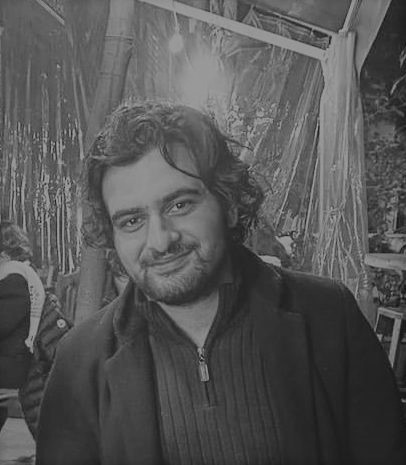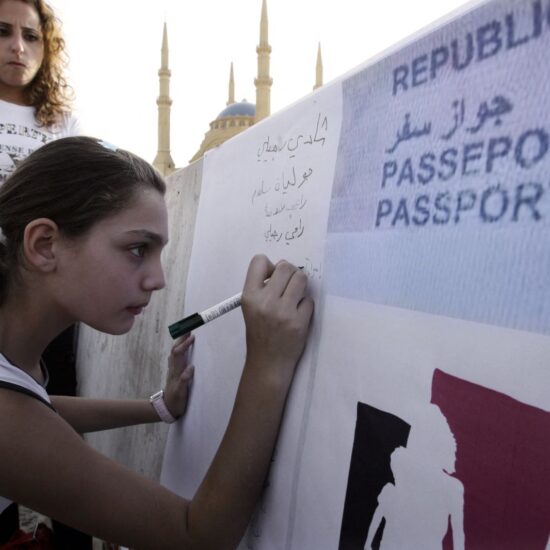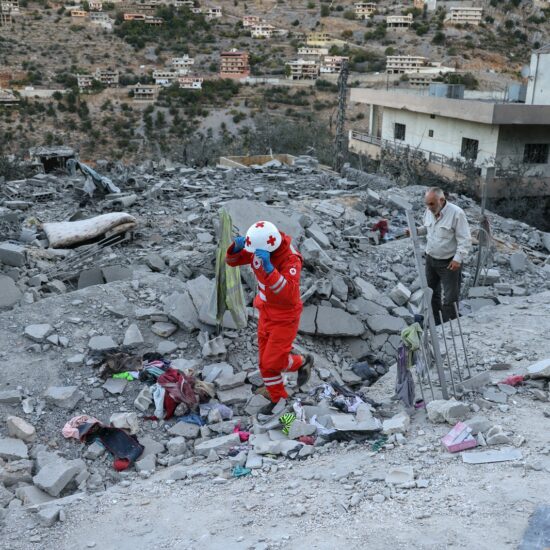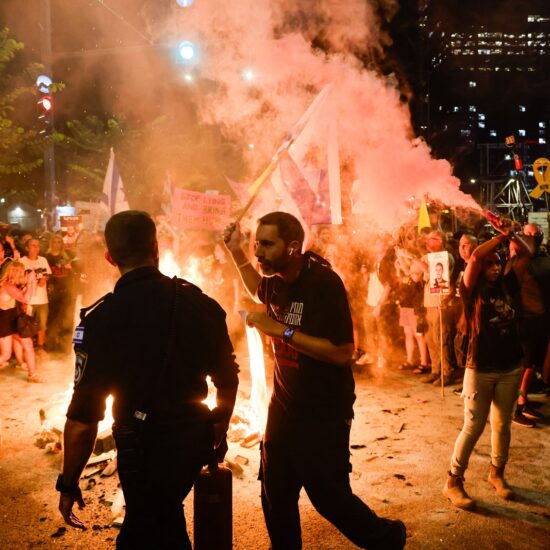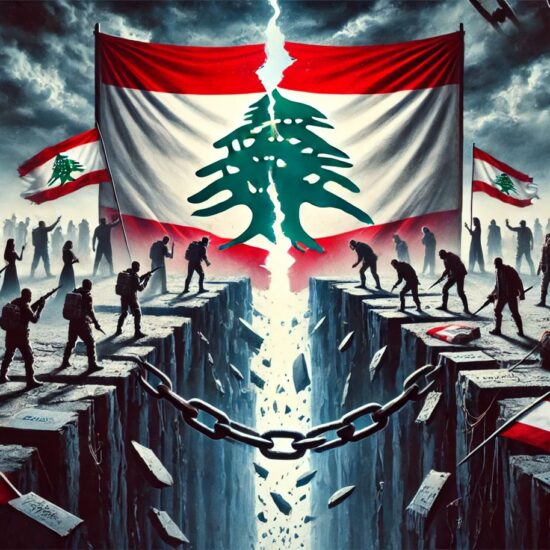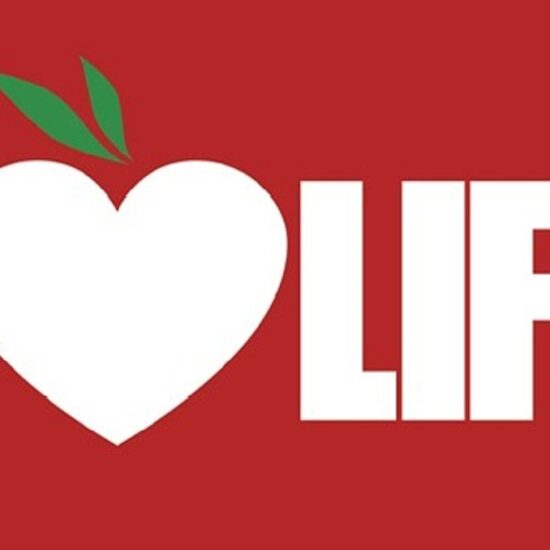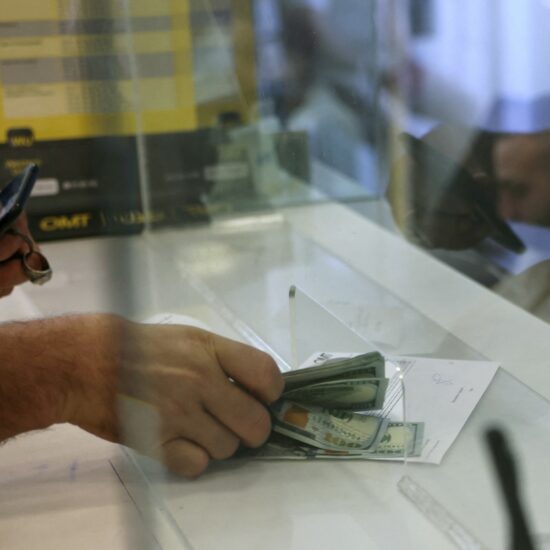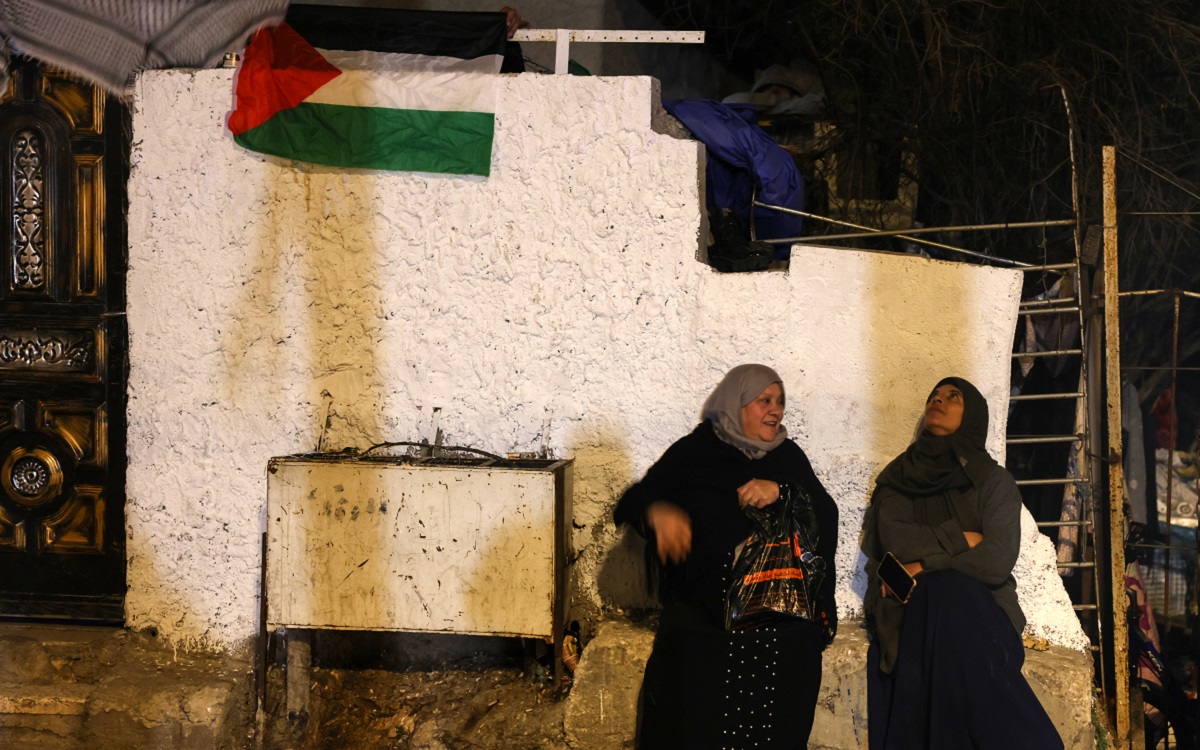
The Sheikh Jarrah neighborhood has been the “cause celebre” in the Israeli-Palestinian political discourse for almost a year. The Palestinian neighborhood in occupied East Jerusalem has been subject to a wave of intimidations and forced evictions pertaining to a politically-promoted and imprecise narrative of a real-estate dispute.
The events in Sheikh Jarrah reintroduced the struggle of Palestinian national liberation to international consciousness. The dispute was regarding the plots of land granted by UNRWA, the UN relief agency in charge of Palestinian refugees in the Near East, and guaranteed by the Jordanian authorities, then in control of East Jerusalem, to a number of dispossessed Palestinian families.
The ownership of these plots of land has been a subject of dispute for several decades. However prominent the efforts by the Nahalat Shimon settler organization to outmaneuver the Palestinian resident families of the neighborhood, they failed to propagate a sense of “propriety squabble” in designating the dispute.
On March 1, 2022, the Israeli Supreme Court, with a majority of votes, accepted the appeal of the Palestinian families in the Eastern part of the neighborhood allowing them to continue living in their homes until the settlement proceedings are completed. These proceedings usually take a significant amount of time, so the families may be looking forward to years void of eviction threats.
“There’s no eviction, and the ownership of the land will be revisited. From the 1970s until today, the courts have always held that the Jewish organizations were the owners. This is a very positive development,” the attorney of the Palestinian families, Sami Irsheid, told the Times of Israel.
The Palestinians get to keep their homes, even if temporarily, and the status of these land plots will be revisited in the future. It may seem little, but this would have been unthinkable only a few years ago.
This decision comes after the Palestinian families refused an earlier “compromise” proposal. In an attempt to equivocate and circumvent the issuing of a verdict last October, the Supreme Court sought to regard the Palestinians as “protected tenants” while Nahalat Shimon, the group seeking to evict them, would be provisionally recognized as owners of the land plots. Despite pressure, the four Palestinian families rejected the court’s proposal. “We won’t allow Israel to market itself as a ‘just occupation’ at our expense,” Sheikh Jarrah resident and activist Muna el Kurd stated.
This verdict by the Supreme Court comes as rather exceptional news for the Palestinian families who had refused to forsake their national narrative. The court proceedings will permit the Palestinians to keep their homes in Sheikh Jarrah for a reduced rent fee of a symbolic amount of NIS 2400 (740 USD) that would be allocated to a bank account to both sides’ lawyers.
Israeli law only allowed Jews to reclaim lost property from the Jordanian authorities if the property in question had not been transferred to individuals. In cases that saw the transferring of property to new individuals, those new proprietors would be allowed to maintain their title to the land. The Sheikh Jarrah families have presented documents proving that the Jordanian government had been in the process of registering them as landowners prior to the 1967 war. Referring to this appeal, the court has now said the Palestinians cannot be evicted under the pretense that the issue of the initial land registration is yet to be rectified.
From this event, one can draw a significant anecdote for the success of Palestinian civil society in their efforts in East Jerusalem.
Leftist parliamentarians representing the Palestinians in the Knesset have been dealing with governmental and intra-greenline affairs which present a detachment from the reality of the occupation. While the parliamentary opposition to the occupation has been displaying patently meager political activity in the recent decade, a group of NGOs and activists are stepping up.
This progression in the Sheikh Jarrah case is a positive development that must be followed with accentuated, continued community-based and local efforts to salvage Sheikh Jarrah, Silwan and other towns and villages of the West Bank and East Jerusalem.
These organizations, like PeaceNow, StandingTogether, IrAmim, HaMoked, and many others have been investing a lot of effort in the defense of Palestinians in the occupied territories and have raised awareness, protesting against various forms of injustice. These violations range from evictions and settler violence to police brutality. Bold activists and NGO workers document the violations, provide legal support to occupied Palestinians, and lobby Israeli and western lawmakers in a fashion that is impressively diligent.
“Now is the time for the Israeli government to do the right thing, to expropriate the houses, for the Palestinian families in Sheikh Jarrah and Silwan to remain indefinitely,” PeaceNow writes.
This progression in the Sheikh Jarrah case is a positive development that must be followed with accentuated, continued community-based and local efforts to salvage Sheikh Jarrah, Silwan and other towns and villages of the West Bank and East Jerusalem.
Considering the possible involvement of president Joe Biden’s administration that included the blocking of settlements (Atarot) and the 2SS-threatening construction plans (E1 connecting Jerusalem and Ma’ale Adumim), this court ruling in favor of families from Sheikh Jarrah could also be another signal of a bigger shift in public opinion and political stances.
Last month, the racist right-wing MK Ben Gvir was beaten up by Israeli police in Sheikh Jarrah. The Kahanist, who had held up a make-shift office in the neighborhood to taunt the Palestinians, contributed to the escalating violence, according to an Israeli police official.
After the sequence of objectionably regressive events during Donald Trump’s presidency, namely the recognition of the Golan Heights and the moving of the US embassy from Tel Aviv to Jerusalem, which, for many, rendered prospective peace as delusional. The American policy prompted Palestinian Authority President Mahmoud Abbas to halt dialogue with the White House and leave the Capitol.
It is doubtful that there will be respite from the recurrent violations in the West Bank and East Jerusalem in the near future. Tragically, the videos of burnt crops and vandalized property, beaten up Israeli activists, and incarcerated, injured and dead Palestinians will continue circulating. The incessant nature of the settler movement, motivated either by religious or real-estate purposes, and possibly both, is not likely to change its course in the near future.
However, it is apparent that a different political tone is slowly forming. These recent events, which include a resumption of American aid, high-up American visits to Ramallah, halting evictions, and a general complying with international expectations pertaining to the two-state solution do raise the question of why now? Is this all just projection, or could it be signaling substantial steps of change?
Mohamad A. Hamdan is a writer and an I/P commentator. He tweets at @modbeirut.
The opinions expressed are those of the author only and do not necessarily reflect the views of NOW.


